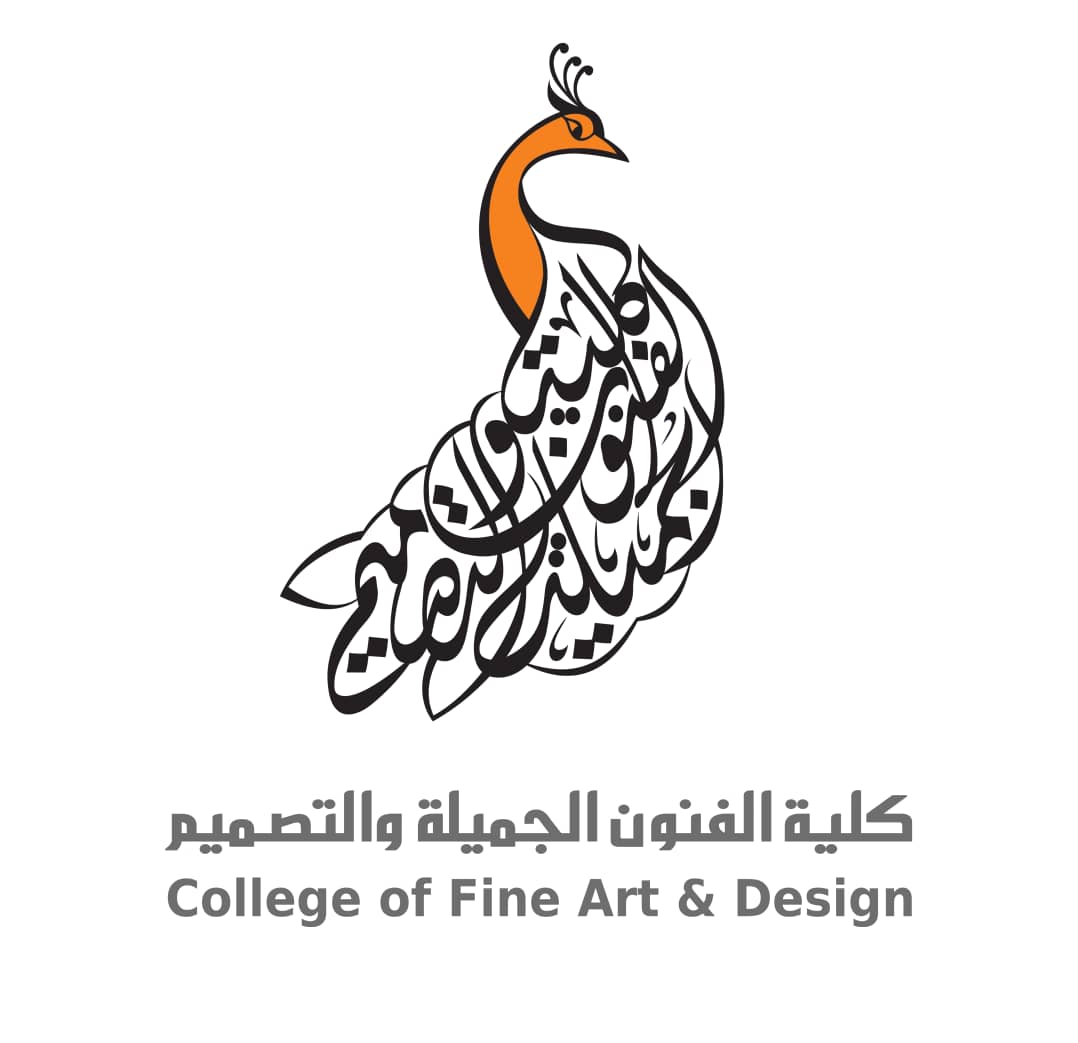
Faculty of Fine Arts
Faculties News
- Job advertisement - Faculty of Optometery and Visual Sciences - 2023-01-01 21:27:14
- Beginning of the supplement and substitute exams - Faculty of Optometery and Visual Sciences - 2022-12-25 10:21:29
- Environmental Health Day, Faculty of Optometry and visual sciences - Faculty of Optometery and Visual Sciences - 2022-12-22 13:00:06
- Results announce - Faculty of Optometery and Visual Sciences - 2022-12-12 09:29:27
- Message on the International Day of Persons with Disabilities, 3 December: - Faculty of Law - 2022-12-03 09:20:03
- Announcement of Registration for the Specialized Training Course on The Intellectual Property: - Faculty of Law - 2022-12-01 08:43:21
- Announcement of Registration for the Specialized Training Course on Human Rights: - Faculty of Law - 2022-12-01 08:36:06
- Secretary General of the Council of Persons with Disabilities Visits Al neelain University: - Faculty of Law - 2022-11-26 17:24:31
- Presentation of research at Mohammad V University in Rabat, Morocco - Faculty of Medicine - 2022-11-25 12:51:29
- Minister of Justice’s Visit to the Faculty of Law: - Faculty of Law - 2022-11-20 14:40:54
- Electronic professional licensing test for teachers: - Faculty of Law - 2022-11-19 15:38:21
- Exam timetable of second semester - Faculty of Computer Science and Information Technology - 2022-11-19 14:25:59
About College
The interest of the administration of Al-Neelain University in establishing a Faculty of Plastic Art and Design in the year 2018 was due to the historical importance of studying plastic art in Sudan and the need for introducing the system of teaching plastic arts in their various specializations at Al-Neelain University so that it become one of the leading institutions in this field through inclusion of the specializations of plastic art and design in one college by adopting a scientific approach and modern methods for teaching plastic art. The study of plastic art in Sudan has passed through several different stages where the study of modern art in Sudan was associated with the educational system that had been established by British colonization at the beginning of the 30th of the past century. At that time, the subject of fine art was introduced into the primary and intermediate levels of education at Bakht-el-Reda Institute for Teacher Training. At the same level, the British administration established a department for studying art at Gordon Memorial College – currently, the University of Khartoum (U of K). This department was thereafter developed into the School of Design in 1946. This department gave rise to several elite graduates, including Al-Salahi, Shibrain, Rabah, Ahmed Abdul A'l and others.
The College is intending to become a distinctive pioneer in the fields of plastic art and design.
The College of Plastic Art and Design seeks to support, expand and promote capabilities of students via a scientific and methodical message for capturing the ideas and purports that are humanly inclusive and that are consistent with their cultural and intellectual backgrounds as well as with the current issues of their society and nation. The College further strives via its programs to instill the academic, educational and technological concepts by providing students with state-of-the=art methods and approaches of art production in the different specializations of plastic art and design. This will be undertaken for the purpose of capacity building in order to keep abreast of international appreciation and the labor markets in order to trigger a new upswing in establishments and organizations that accommodate graduates of fine arts and design in Sudan, in addition to allowing scope for the community to become ever present and appreciative of graduates' different and diverse production. Al-Neelain University thus actualizes the message of setting up an ambition generation to contribute to the building and development of society at the scientific, cultural, social and political levels.
1. Preparing qualified students who are scientifically and creatively specialized to meet the needs of society and productive institutions in the fields of art and design.
2. Transforming the student from a recipient to a creator.
3. Creating a personality possessing all the intellectual, expressive and critical capabilities in the aesthetic appreciation of plastic artworks and their various issues.
4. Contributing consciously in the fields of artistic and creative expression and presenting what we call "the culture of the beautiful" with a mixture of cultural heritage content.
5. Working in accordance with aesthetic requirements in aesthetic education through art.
6. Actualizing a breakthrough in the fields of schematic art by opening up to similar colleges regionally and internationally
7. Spreading creativity among students in activities and competitions.
8. Supporting and drawing inspiration from the cultural repository, and consolidating knowledge in the various fields of art and design.
9. Setting up researchers in the various fields of fine arts and design.

